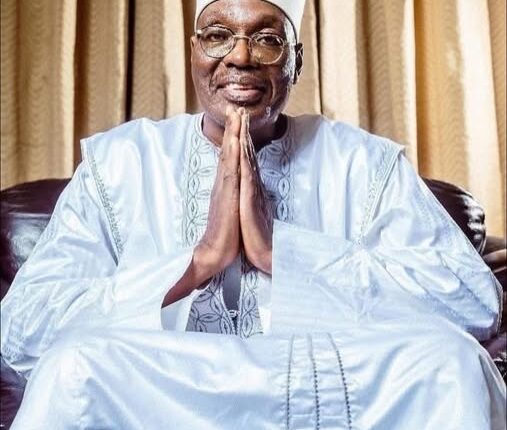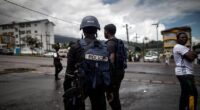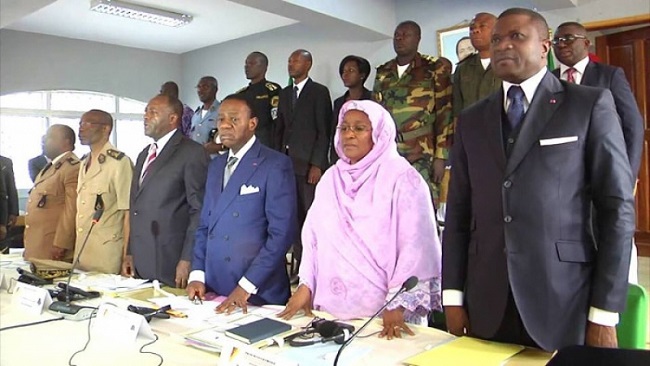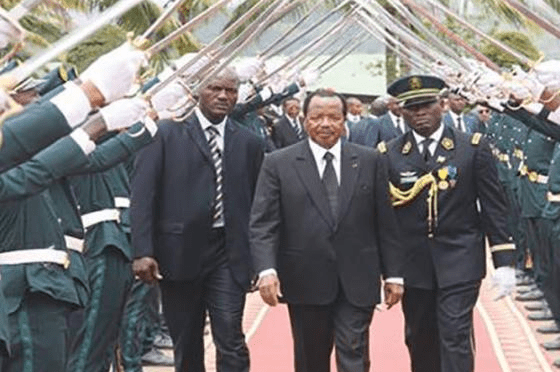In a fiery address that has rapidly reverberated across Cameroun and the diaspora, opposition leader Issa Tchiroma Bakary declared that the country stands “at the rendezvous of history,” urging Cameroonians to defend their ballots and calling on President Paul Biya to step down after 43 years in power. Tchiroma said he will not allow the will of the people to be “stolen as it was in the past,” and proposed a three- to five-year transition to rebuild state institutions he says have been weakened under Biya’s rule.
Tchiroma, a former stalwart of the Biya administration who has in recent months repositioned himself as the country’s chief challenger, framed his declaration as both a repudiation of past practices and a call to national unity. “Leave your palace. Come and face the people,” he told the incumbent, promising to present the six pillars of a Common Program of Transition and to govern with “hope, reconciliation and the determination to unite all Cameroonians.”
The opposition leader cast the coming days as the opening of a “battle” that he vowed not to lose, saying his claim is rooted in popular support and the conviction that the ballot must prevail. He extended an olive branch to rivals in the opposition, civil society and the diaspora, urging them to “put aside your grudges” and prioritize national unity over personal ambition
Tchiroma’s unilateral declaration comes amid high tension following the October 12, 2025 vote. Official results have not yet been validated by the constitutional authorities; the Electoral Commission and the Constitutional Council retain the legal authority to announce and validate outcomes, with formal proclamations expected in the coming days. Observers warn that premature claims and street mobilisation could deepen political fault lines if state institutions refuse to recognise independent tallies.
For many fatigued by years of centralised rule, regional tensions and economic stagnation, Tchiroma’s message struck a chord: he acknowledged past failings, pledged amnesties and institutional renewal, and promised a short transitional plan to rebuild the country’s foundations. Whether that message will translate into an accepted political transition depends now on the path taken by state institutions, rival political forces, and the international community.
The coming days will determine whether his call for a peaceful handover, national reconciliation and respect for the ballot can be realised — or whether Cameroon enters a period of intensified confrontation.
By Lucas Muma





